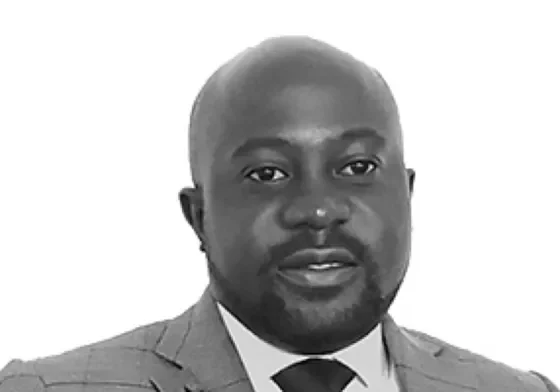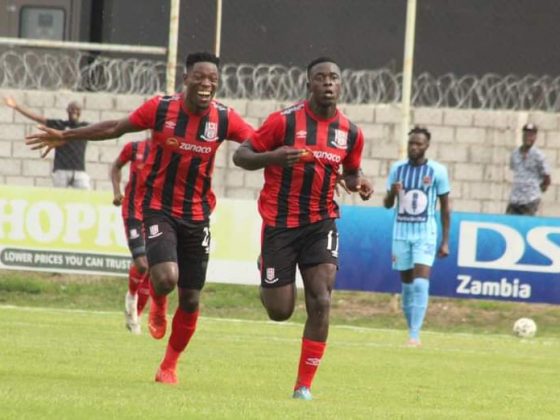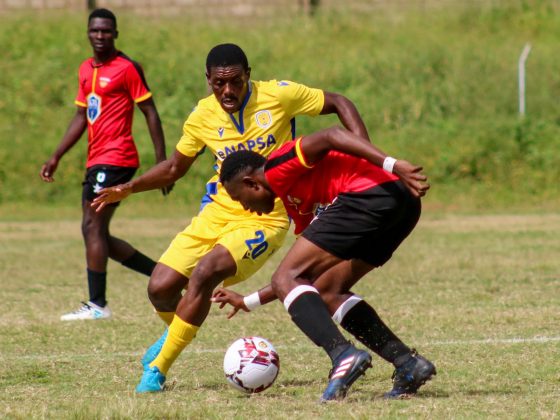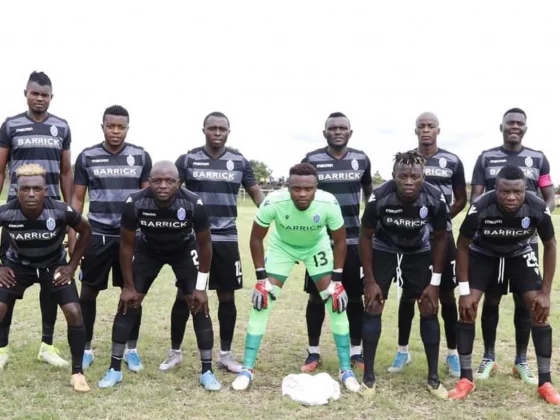Despite some advances in the recognition of freedom of expression, journalists risk violent attacks and harassment, and according to the UN, only last year 99 representatives of the press were killed worldwide.
The conditioned release of the imprisoned Egyptian photographer Mahmoud Abu Zeid last week sparked international criticism. Even if Mahmoud Abu Zeid was released, he will be required to report to a police station for the next five years at the end of each day and spend the night there, according to The Washington Post which called him “the most high-profile journalist imprisoned by Egypt.” Mahmoud Abu Zeid was released after more than five years in jail for covering anti-government protests. However, it’s not a new phenomenon that media workers risk diverse kinds of harassment. Last month the UN called for better protection of journalists and press freedom, and Secretary-General António Guterres concluded that freedom of the press was actually “shrinking” worldwide despite some advances in the recognition of press freedom as a human right. According to the UN, in just over a decade, more than 1,000 journalists have been killed while doing their job. Last year alone, at least 99 journalists were killed and thousands more were attacked, harassed, detained or imprisoned on spurious charges, without due process, according to data from the UN agency advocating for freedom of the press, UNESCO. “When journalists are targeted, societies as a whole pay a price,” said António Guterres who called this state of affairs “outrageous”. According to the Secretary-General, the majority of those detained and attacked are local journalists working in their home countries – and they were not working in a war zone. “Most of the journalists and media workers killed, injured and detained were covering politics, crime, corruption and human rights,” said António Guterres. According to the UN, women journalists are often at greater risk of being targeted, including through online threats of sexual violence.
António Guterres stated that “no democracy is complete without press freedom” and called on governments and the international community to “protect journalists and media workers, and to create the conditions they need to do their essential work, and to investigate and prosecute the perpetrators of attacks on them”.





